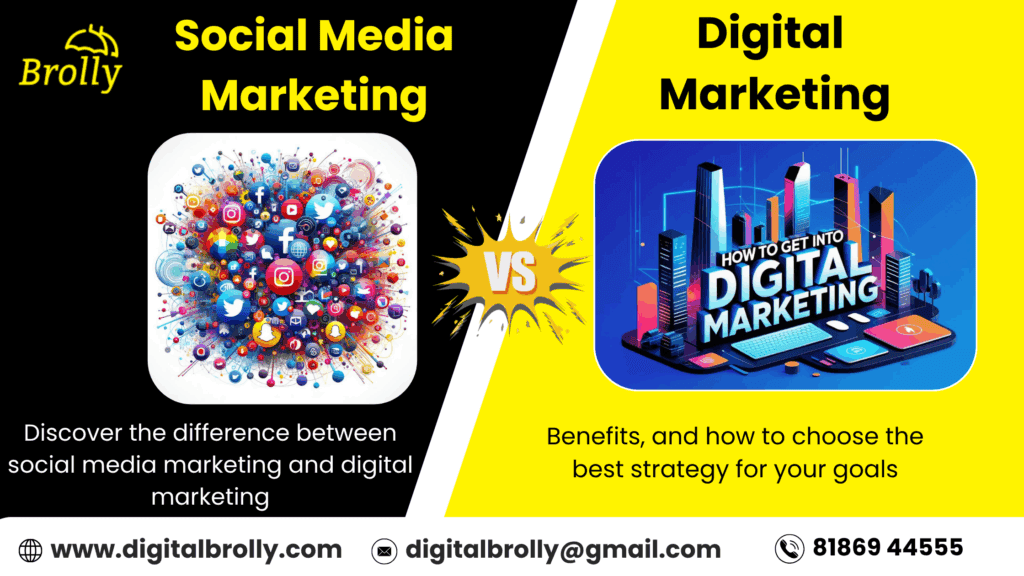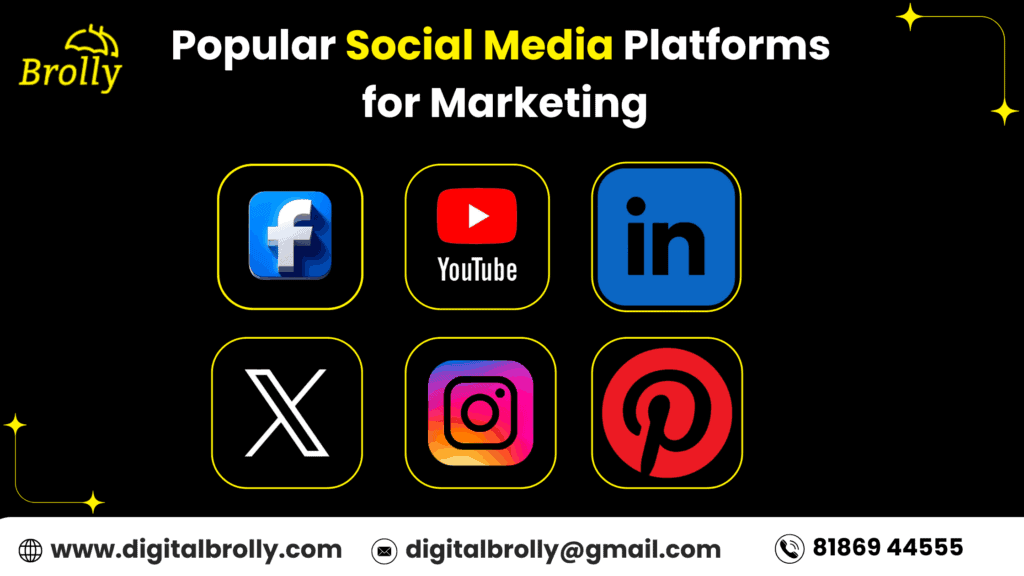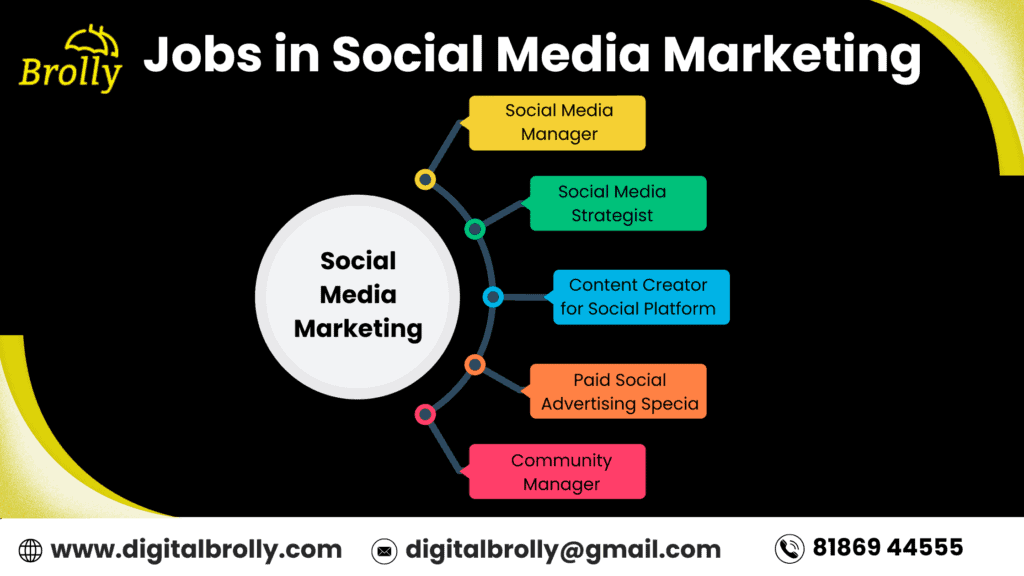In today’s digital age, people spend a significant amount of time online. This includes activities like searching on Google, browsing through social media, reading blogs, and watching videos.
Institute కి రండి | Demo వినండి | Decide అవ్వండి. ( Online Class Available )




